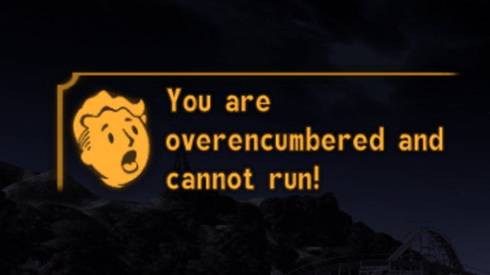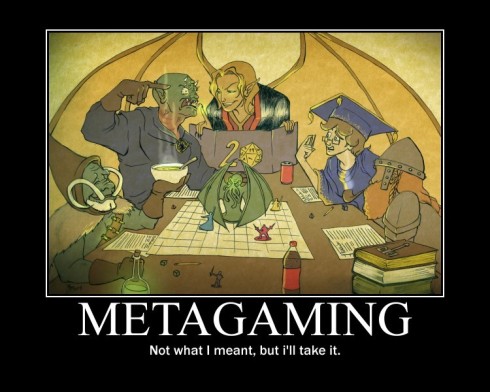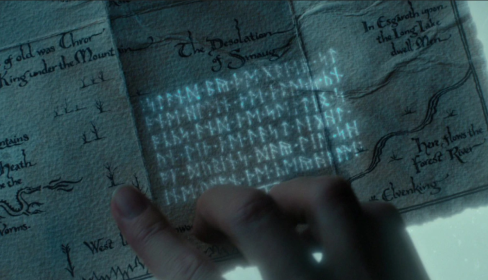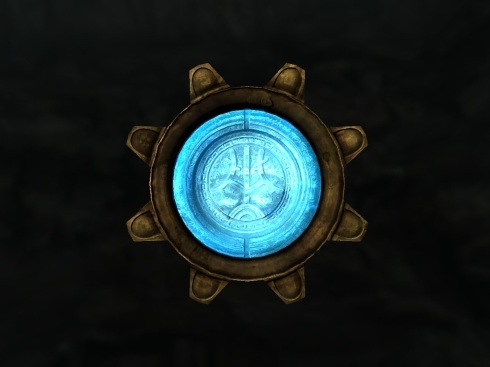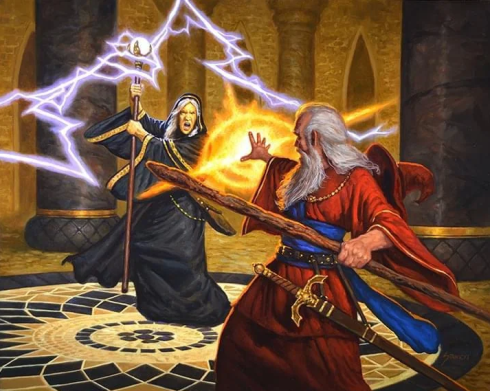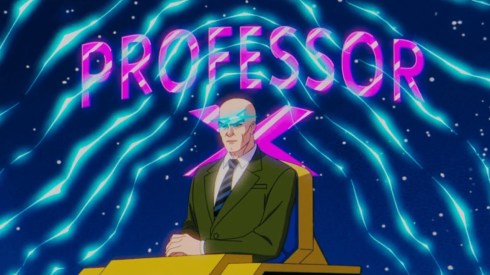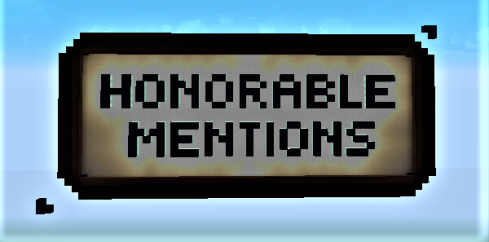My last few blogs have been, well, a bit of a downer. So, I thought I would start things off for 2025 with something on the lighter side. As you likely know by now, I am big into TTRPGs, particularly D&D. I’ve been playing these kinds of games since I was about 13, and I really never stopped. It’s one of my favorite hobbies, right up there with reading, video games, and so forth.
Today, I would like to share with you a list of ten words and terms that entered my vocabulary from playing TTRPGs and D&D specifically. Let’s dive right in.
1.) Encumbrance
While more modern versions of D&D use encumbrance to denote how much your character can carry, I originally learned this word in the context of why you couldn’t do backflips or cast spells while in full plate armor. This came along pretty early in my gaming career when a wizard character of mine attempted to put on heavy armor only to find out that he could barely maneuver while in it and couldn’t cast any of his spells. Needless to say, he ditched the heavy armor pretty quickly afterward and got back to shooting magic missile at practically any opponent as an opening gambit.
2.) PC/NPC
I count these two as one since they are closely related. If you’re not familiar with them, we have PC, or “Player Character” and NPC, or “Non-Player Character.” The PCs are the characters that people play in a TTRPG, and NPCs are everyone else. These terms eventually migrated over to video games. The central idea of the movie Free Guy depends on the audience knowing that Guy (played by Ryan Reynolds) is a digital character in an online video game. When I hear the phrase “Main Character Energy,” my mind always goes “Oh, so they’re a PC, got it.”
3.) Gamemaster/Dungeon Master
Tabletop roleplaying games have a lot of names for this role at the table: Gamemaster (or GM), Judge, Referee, Storyteller, and Dungeon Master. By the time I played D&D, I was already familiar with the Palladium RPG system and Rolemaster, so I was already in the know with someone being a GM and GM-ing a game. Dungeon Master (or DM) was something I picked up from D&D since it’s a term specific to that game system (though I knew it from the cartoon first instead of the game). Even today, I tend to use the more generic “GM” term, even when referring to D&D. It might also have something to do with it being easier to explain to family members who aren’t familiar with TTRPGS that you are a gamemaster rather than a dungeon master.
4.) Metagame
At first, this concept came to me as the difference between “player knowledge” and “character knowledge.” So, if you’re playing Grog, a 2nd-level barbarian, you (the player) may know how fast the speed of light is, but chances are that Grog (the character) will not have a clue about it. So, those who would use their player knowledge in place of their character knowledge (i.e. Grog suddenly understanding advanced physics) were said to be metagaming. That’s something GMs/DMs have to police at times, though thankfully the players I game with are very discerning on this point.
5.) Wards/Runes/Sigils
Once again, I’m grouping these together since they are similar in nature. I knew of runes before playing D&D from learning about the real-world runic alphabet. Through gaming, I learned of them as something inherently magical. So, a wizard or magic-user might scribe or carve a symbol into something and then imbue that symbol with some kind of magical spell or effect. Sigils often worked the same way, though I always got the impression that sigils were more Elven, while runes were more of a Dwarven thing (your fantasy mileage may vary). Wards, while not necessarily a symbol, were magical protections that could be placed on an object or area to prevent intrusion, theft, or general skullduggery. However, both runes and sigils could act as wards. Magic!
6.) Dweomer
Often pronounced “dwimmer,” in game terms this is often used to describe the inherent aura a magical item or place gives off. While this word is not used as much anymore, a more common expression is something’s “enchantment.” An enchanted sword, enchanted forest, you get it — a dweomer is some kind of ongoing or semi-permanent magical effect or property. I was also pleased to find that Dwarves in the Elder Scrolls video game series (who are actually Elves) are called the “Dwemer,” which is fitting considering their knowledge of magic was light-years ahead of anyone else in that world.
7.) Somatic
Spell descriptions in D&D generally have three kinds of components: vocal, so the magic words uttered by the spellcaster; material, or the little bits of stuff the caster must have on their person (the proverbial eye of newt and toe of frog), and lastly the somatic component. This last one represents the wavy bits that magic-users do with their hands, the intricate hand gestures and motions they must go through to bring the spell forth. Up until I read the Player’s Handbook for the first time back in the day, I had never run across this term before.
8.) Caltrops
Honestly, the first time I heard this term used I thought the person said “cough drops.” Now I know that these are little bits of sharp metal that you can throw on the ground. The design of caltrops is such that no matter which way they land, they have a point sticking straight up. They are used to impede an opponent’s movement since the opponent in question would either need to slow down to avoid stepping on them or run through them and risk facing the wrath of what could be described as tactical Lego blocks.
9.) Level Up
It amazes me sometimes how far and wide this term is known and referenced. I saw the other day both The Gap and Old Navy talking about leveling up your experience. Likely, that’s to appeal to gamers, specifically video gamers. Yet the term as I understand it really came from the tabletop space, and that’s certainly where it first came into my own personal gamer lexicon. There’s just something cool about finishing a game session and learning that your character has leveled up. The Final Fantasy victory music almost always springs to mind when this happens.
10.) Psionics
I first encountered this term in the Palladium fantasy RPG setting when I played a “Mind Mage,” a user of psionics or mind magic. Later, when I played the Traveller RPG (which would eventually lead to my first novel), I discovered the Zhodani who were a society of psionicists. So, I suppose that this one didn’t technically come from D&D as the title of this blog would suggest, but D&D did have psionics as well that further cemented the concept in…(wait for it)…my mind.
Honorable Mentions
Playing TTRPGs has a way of rewiring your brain when it comes to certain things. I include this section because there are five words in particular that have permanently changed in my vocabulary to the game version. When the words aren’t used in a gaming context, I have to push past my initial gaming reaction. You know, it’s like when a song that Weird Al Yankovic has parodied comes on, but you find yourself singing the Weird Al lyrics anyway. No? Just me?
- Initiative
- Campaign
- Critical
- Encounter
- Module
Final Thoughts
I’ve always believed that playing TTRPGs exercises many parts of your mind. I’m better at math, managing money, tactical and strategic thinking, acting and improvisation, funny voices, and worldbuilding because I play these games. In addition to that, it’s great for the vocabulary. The words and terms that I showcased here are just the tip of the proverbial iceberg.
If you are a gamer of these games already, you likely know precisely what I’m talking about. If you are interested but have never tried them, I highly recommend that you do so. Adventures and worlds you can scarcely imagine are waiting for you out there.
Thanks for reading!
